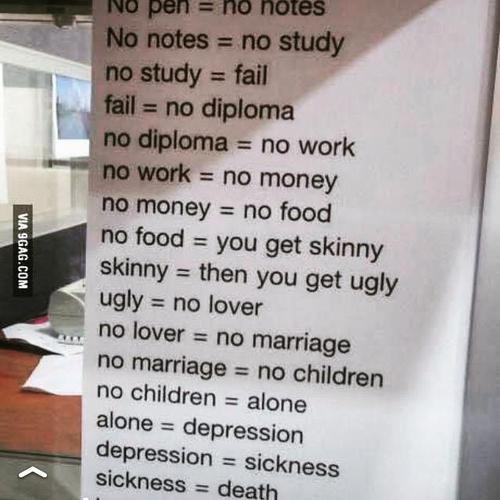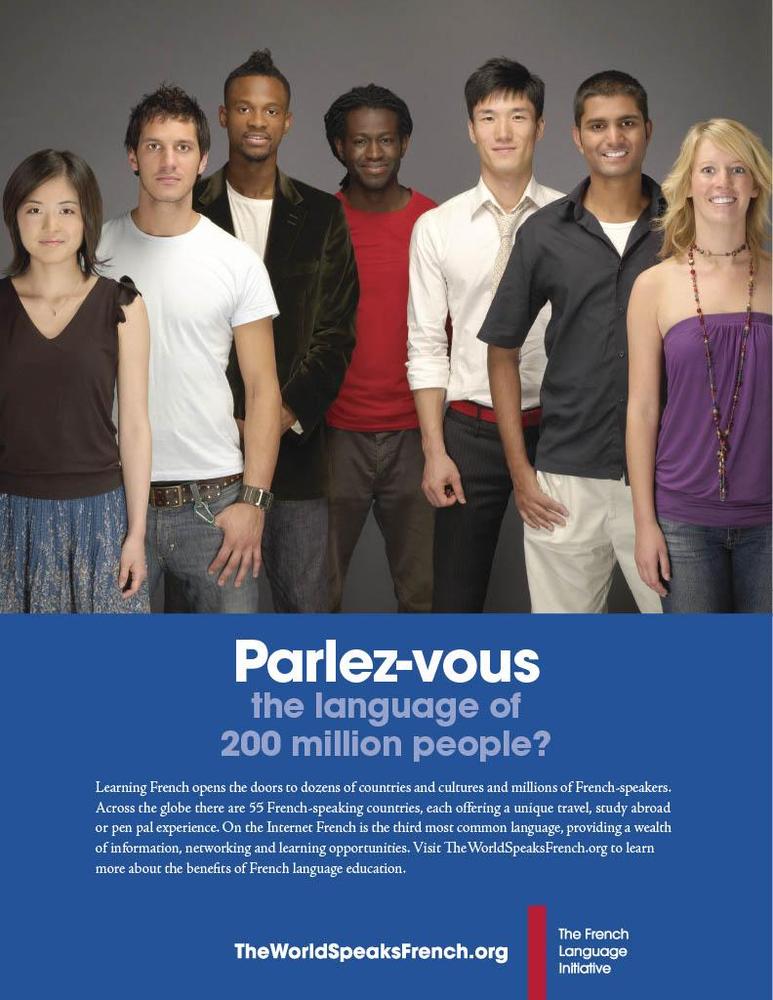Debunking the myth that French isn't a useful language..
The study of French is “de rigueur” on 5 continents!
French is the official language of 32 countries.
French is the only other language, besides English, to be spoken on 5 of the world’s continents.
With French, students will be understood in more than 56 countries by more than 200 million people who use French in their daily lives.
French, along with English, is an official working language of the United Nations, UNESCO, NATO, the Organization for Economic Cooperation and Development (OECD), the International Labor Bureau, the International Olympic Committee, the 31-member Council of Europe, the European Community, the Universal Postal Union, the International Red Cross, and the Union of International Associations (UIA).
French is an official or shared language of the 56 countries that comprise the International Organization of French-Speaking Countries (la Francophonie).
French is the dominant working language at the European Court of Justice, the European Tribunal of First Instance, and the Press Room at the European Commission in Brussels, Belgium.
A list of languages deemed as critical was developed by the U.S. Department of Defense, and French was among them because it is spoken in countries which have a strategic importance.
French is among the top five languages in terms of web pages used on the Internet.


